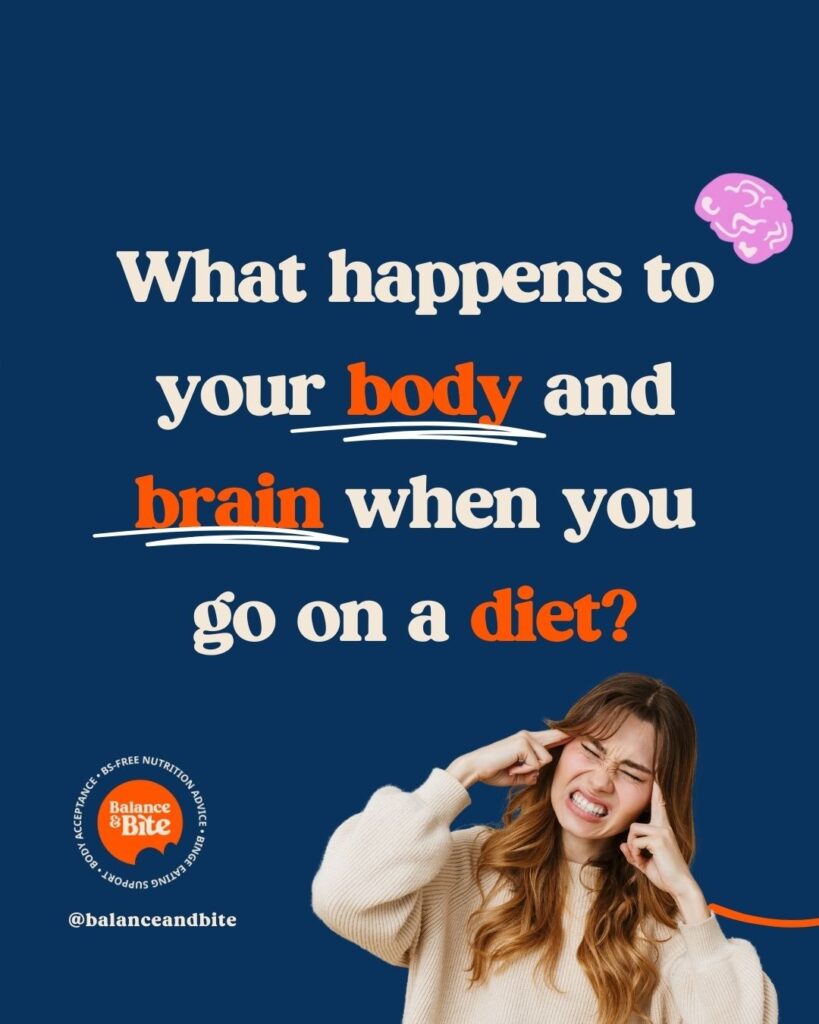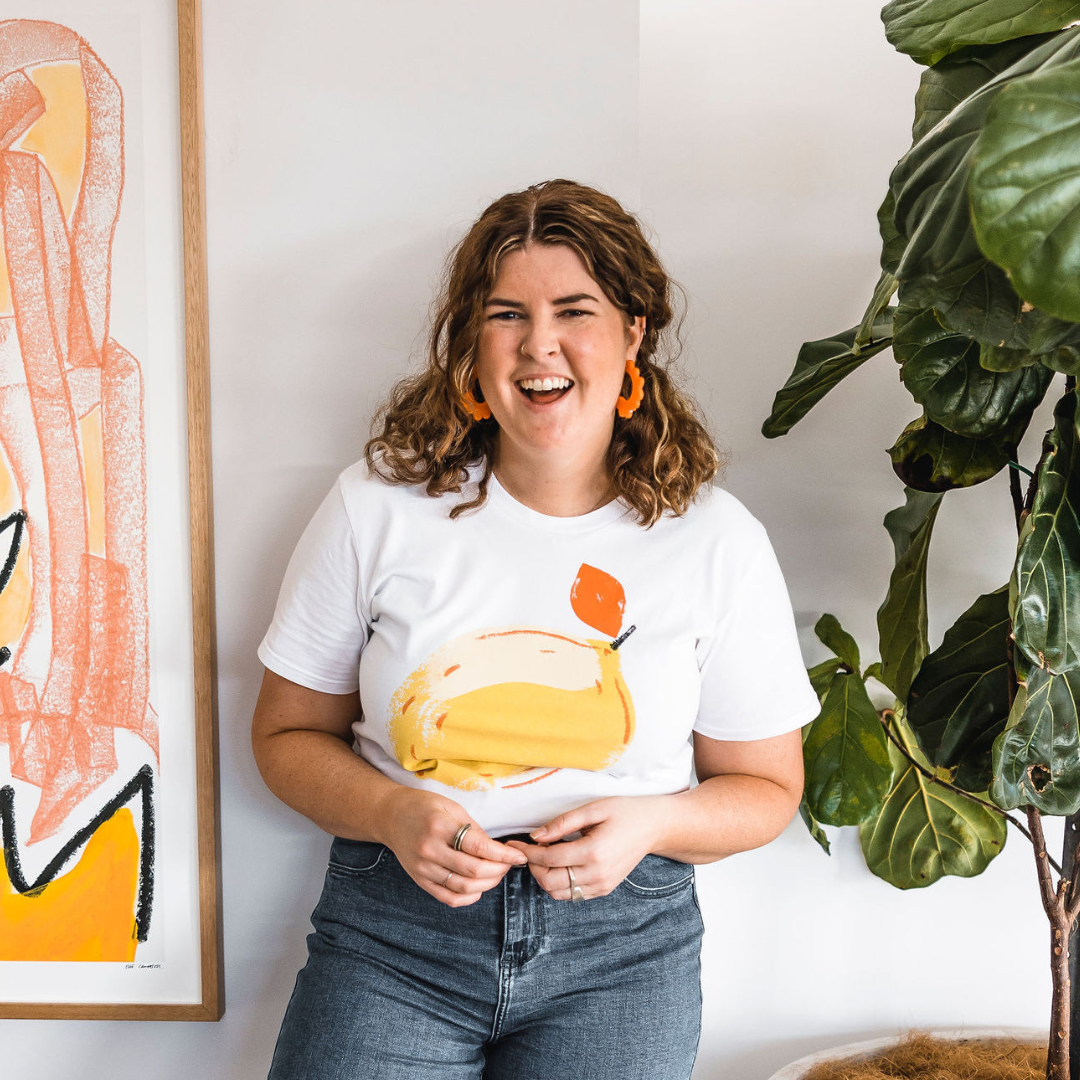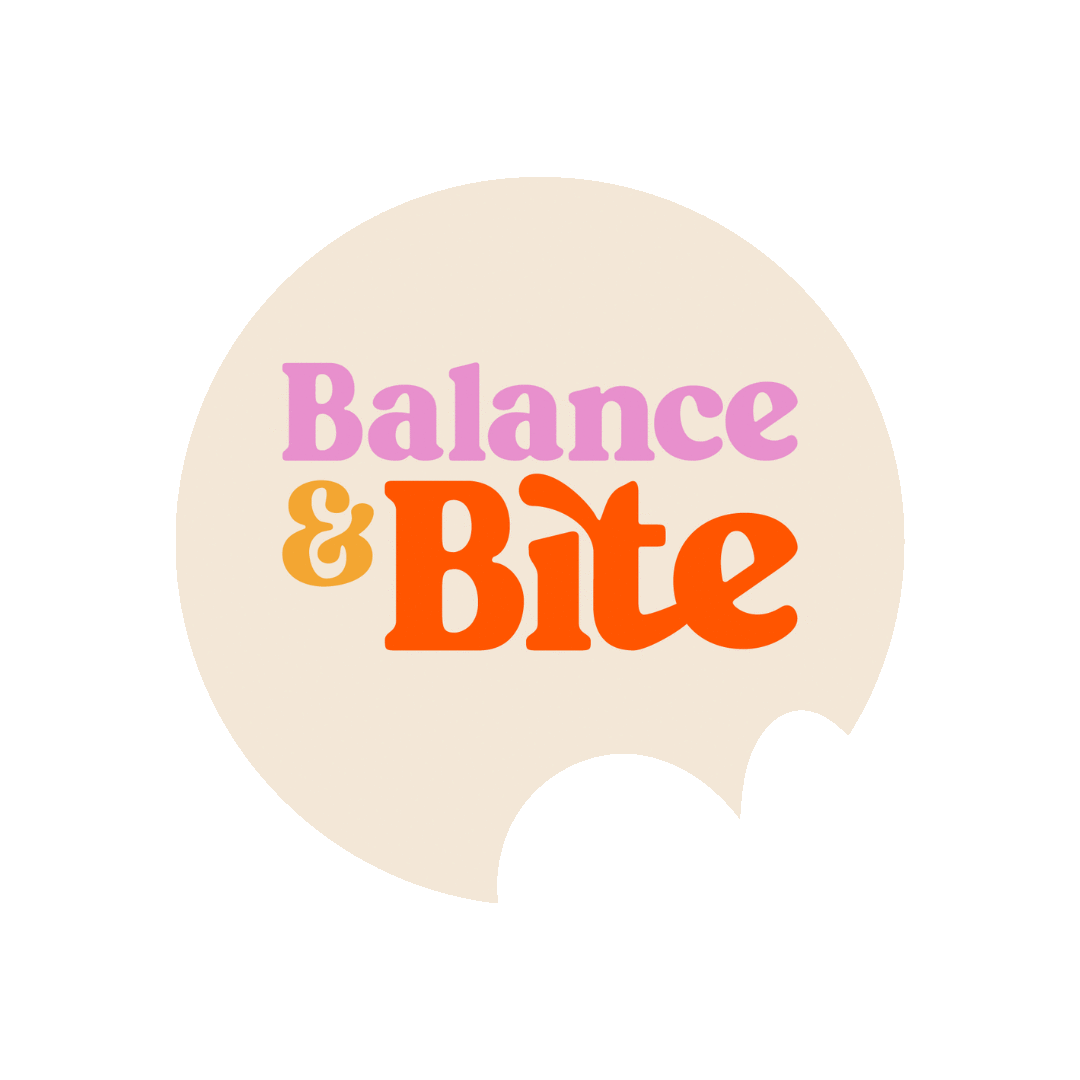Dieting is frustrating. At first, it’s a new adventure, a challenge, a fresh start. Then, a couple of weeks in, you’re breaking the rules, missing all your favourite foods and beating yourself up for failing once again. Does this sound familiar? Well, it’s absolutely not your fault! As it is merely human biology that results in failed diets time and time again.
Yo-yo dieting refers to the repeated cycle of losing and regaining weight, often through various forms of dieting, and it is all too common. This is because diets are constantly thrown in our faces through social media, family, friends, etc. We are made to believe that if we aren’t dieting, we are doing something wrong or ‘letting ourselves go’, which is definitely not the case!
Dieting is a form of disordered eating. No matter the diet, it usually involves eating insufficient food and/or cutting out certain food groups. Experiencing a weight loss plateau or regaining weight after a diet is common. To regain control, we often revert to familiar territory – adopting restrictive diets. This cycle can become addictive and challenging to break.
So what really causes the failure of over 90% of diets? When food intake is limited, the body enters ‘survival mode’ comprising various interconnected physical and mental responses. Let’s unpack what happens in the body and brain when we diet.
What happens to your metabolism on a diet?
The brain interprets dieting as a form of starvation, triggering survival mechanisms to conserve energy. One of these processes involves slowing down the metabolism- in other words, it lowers the rate at which it burns calories.
Additionally, when there’s not enough food available, the body turns to stored muscle for fuel, resulting in the loss of muscle in our body. Reduced muscle mass will further result in a slower metabolism; this is why weight loss tends to plateau after some time when we diet and why we regain more weight than when we started.
What happens to your hunger hormones on a diet?
Another process the brain utilises to survive dieting is altering our hunger and fullness cues. When we restrict our calories, the body alters our hormones to preserve or gain weight for survival. One crucial hormone affected is ghrelin (the hunger hormone). When in a state of starvation (aka dieting), ghrelin levels increase, intensifying feelings of hunger before, during and after eating. Making those 3-day old pastries somehow look appealing?
In addition, other metabolic processes occur that result in individuals feeling less satiated despite adequate nutrient and energy intake, leading to increased food consumption. These altered hormones may stay skewed for over a year after somebody has stopped dieting, and this is why it is often observed that people may regain more weight than they originally were pre-diet.
When this happens, people tend to feel like they have failed, but we must understand that this is the body’s way of keeping us alive and healthy and has nothing to do with ‘willpower’. Our bodies are kind of stubborn and will do everything to resist change!


How does dieting affect our brain?
Our brain is the most complex organ in our body and, therefore, runs at a very high metabolic rate. When our metabolism slows, the brain runs at a sub-optimal rate.
To stimulate increased food intake, thoughts and behaviours are often altered to encourage us to eat more! Studies show that when people are dieting, they develop a heightened preoccupation with food. This preoccupation may seep into certain behaviours, such as talking, daydreaming, and reading about food. Regardless of body size, any individual can experience these symptoms when in a significant calorie deficit.
This fixation on food can lead to a decline in concentration levels, impacting our relationships, productivity and much more! When dieting, food can look much more appealing than when eating ‘normally’. You may experience intense cravings when watching food advertisements on TV, looking at food displays at the supermarket or watching reels on Instagram- you always want what you can’t have! Having these restrictions can be frustrating and tiring – making us irritable and causing us to act out of character. It’s no surprise your friends can get on your nerves while they’re dieting!
How does dieting affect our emotions?
The chemical changes that occur in our brains when dieting can amplify our symptoms of depression and anxiety. Eating inherently brings satisfaction and can be used to soothe or cope with stress- a completely normal response! However, when dieting, these discomforting feelings may intensify, leading to an increased reliance on emotional eating as a coping mechanism (it’s a cruel cycle). During these situations, we may tend to binge eat and be left feeling quite uncomfortable and defeated.
And, to further complicate things, long periods without eating can cause a drop in blood sugar levels, making us feel tired and irritable, and less likely to cope with stressful situations.
Why diets don’t work
So, starting to see why diets do not work? Our bodies simply aren’t designed to restrict food. They’re too smart and will just adjust our metabolism, hunger hormones and brain chemistry to survive. It’s no wonder so many of us find ourselves caught in a yo-yo cycle for decades, trying to understand how we’ve regained the weight. But it is not us; BIOLOGY makes it so hard to stick to a diet.
And, it’s not easy to stop dieting thanks to the pervasive diet culture and a multi *billion* dollar weight loss industry that has CONVINCED us we just have to try every new diet :/
What do we do instead of dieting?
First, it’s crucial to acknowledge that the challenges faced in these diets aren’t a result of a lack of willpower but are due to natural physiological changes within the body and brain when we diet.
Ok, so if not dieting, then what? We need to turn the focus away from weight and towards health. Some helpful interventions include assessing eating behaviours, diet quality, exercise levels, sleep quality, managing stress, intuitive eating and leaning into our natural hunger cues. These have been shown to impact our long-term health positively and are much more maintainable and sustainable than any fad diet.
Allowing all foods back into our diet can assist in reducing cravings as well as take the mental burden off deciding what we can and can’t have each day. And stop us constantly labelling foods as ‘good’ or ‘bad.’
Want support? Get in touch. At Balance and Bite, we offer 1:1 online consultations tailored to your individual needs and challenges.
References
National Eating Disorders Collaboration. (2024). Issue 59- The Starved Brain- Can What We Eat Determine How We Think? National Eating Disorders Collaboration. https://nedc.com.au/eating-disorder-resources/find-resources/show/issue-59-i-the-starved-brain-can-what-we-eat-determine-how-we-think
Gil, C. (2023). The Starvation experiment. Duke Psychiatry & Behavioural Sciences. https://psychiatry.duke.edu/blog/starvation-experiment
Dietitian Connection (Host). (2023). Busting The calories in calories out myth [Audio podcast episode]. In Dietitian Connection Podcast. Dietitian Connection. https://dietitianconnection.com/podcasts/busting-calories-in-calories-out-myth/
Sumithran, P., Prendergast, L. A., Delbridge, E., Purcell, K., Shulkes, A., Kriketos, A., & Proietto, J. (2011). Long-term persistence of hormonal adaptations to weight loss. The New England journal of medicine, 365(17), 1597–1604. https://doi.org/10.1056/NEJMoa1105816
Brown , J., & Mazur, L. (2022, June 28). Physiology of Body Weight, Weight Gain and Adipose Tissue Background. PEN Nutrition. https://www.pennutrition.com/KnowledgePathway.aspx?kpid=803&trid=28031&trcatid=38#Contributors


Erin’s an Accredited Practising Dietitian & Certified Intuitive Eating Counsellor. She uses a non-diet approach and weight-inclusive care to help her clients reclaim a healthy relationship with food and their bodies free of guilt, shame and restriction.










View comments
+ Leave a comment